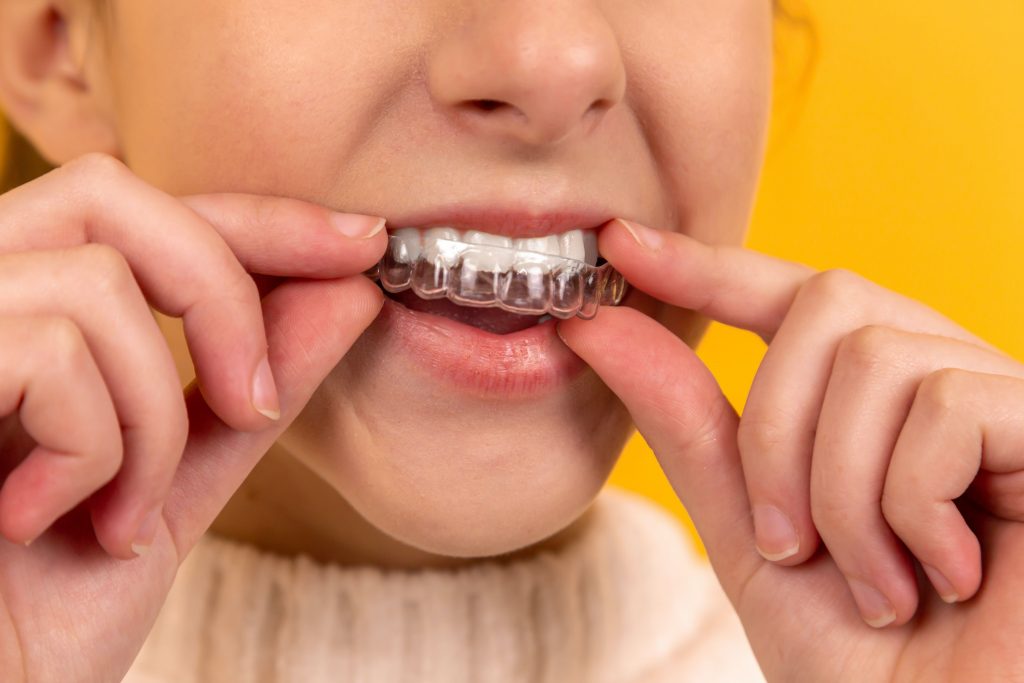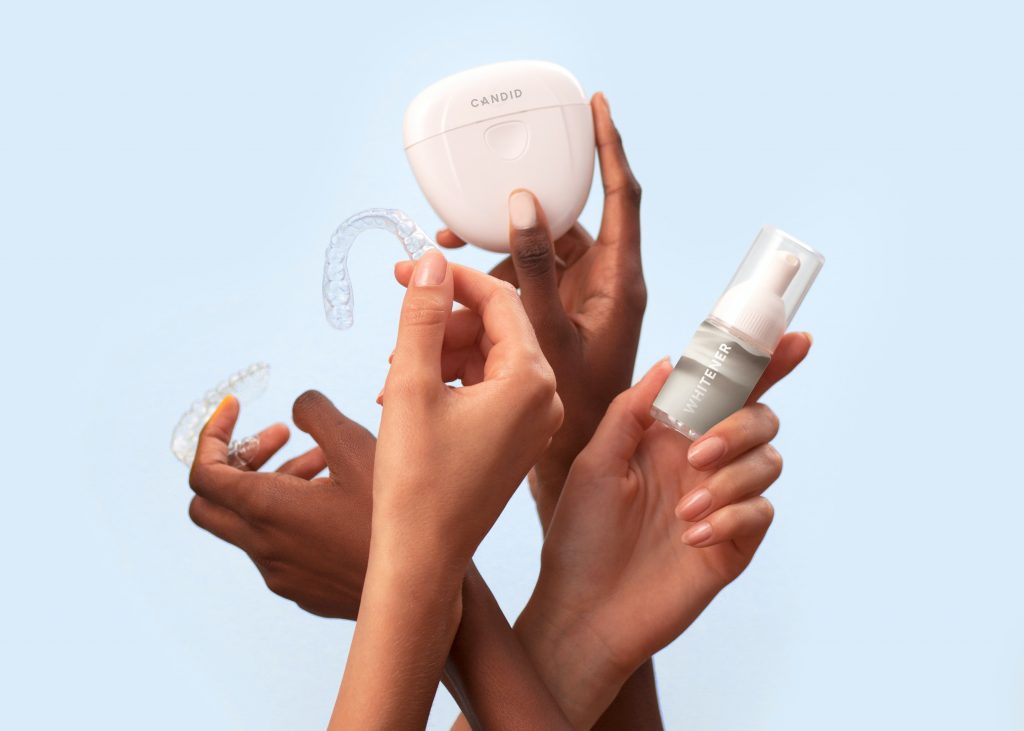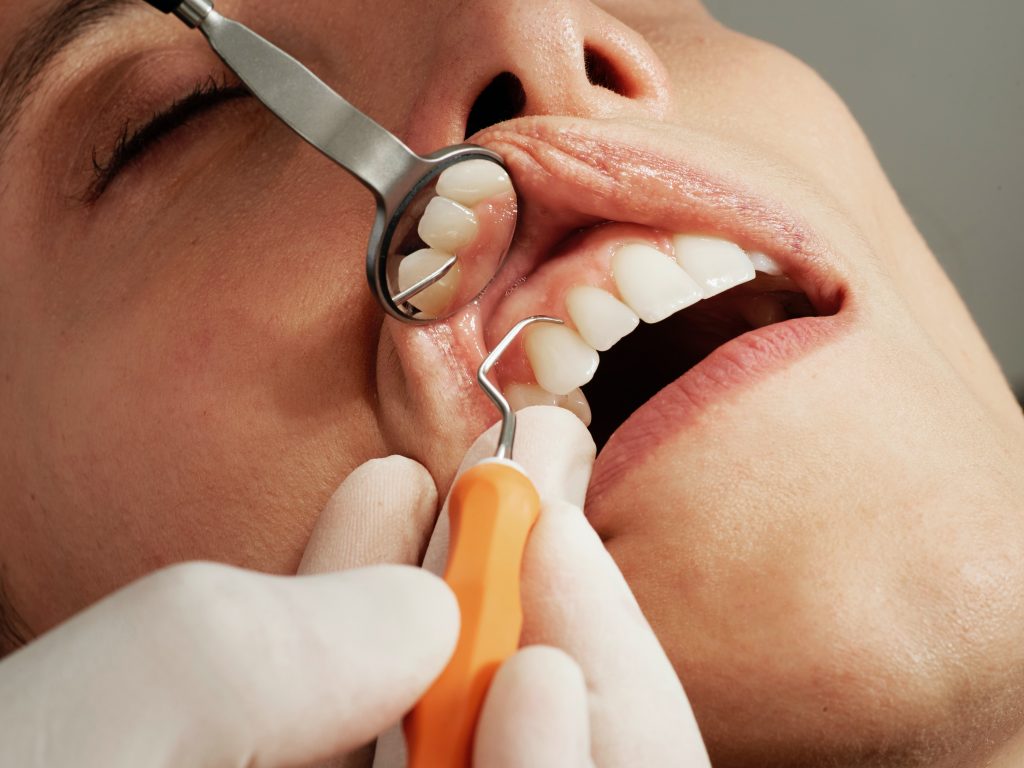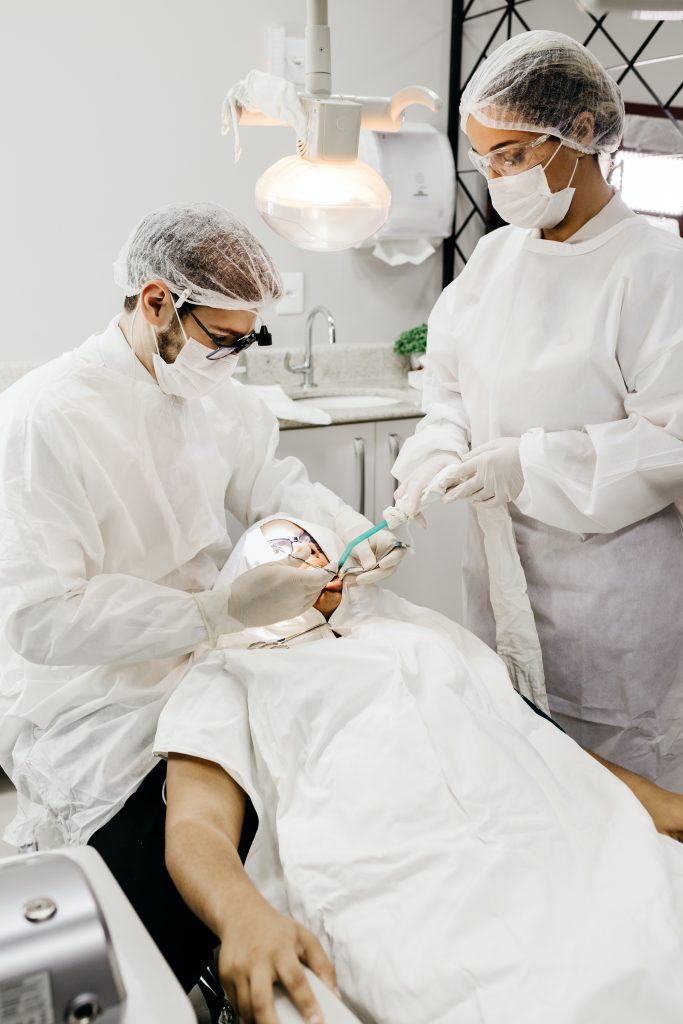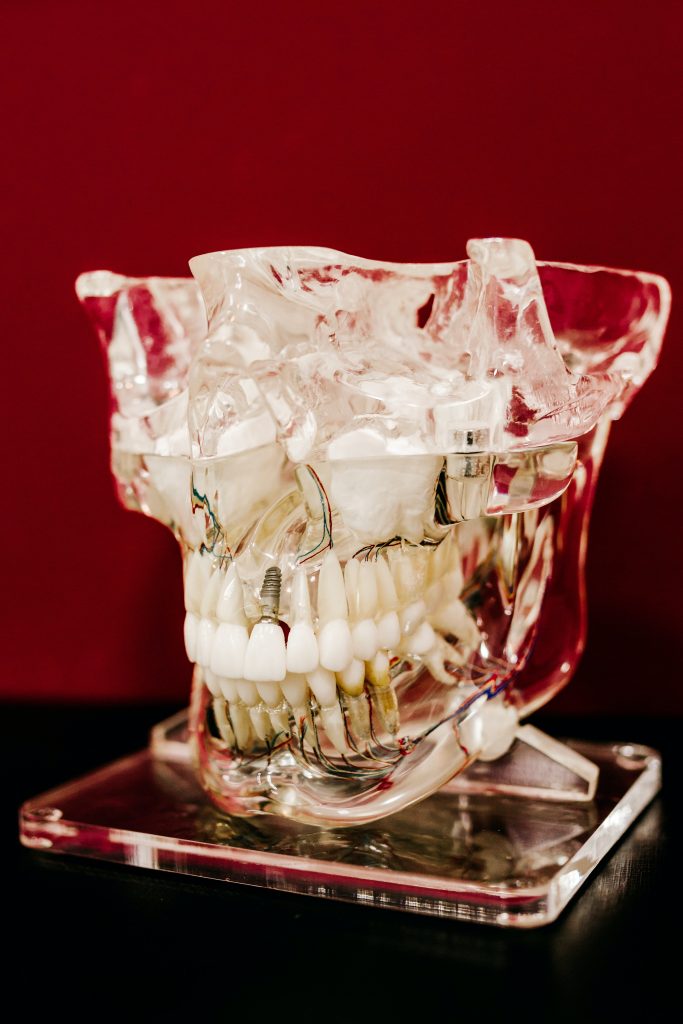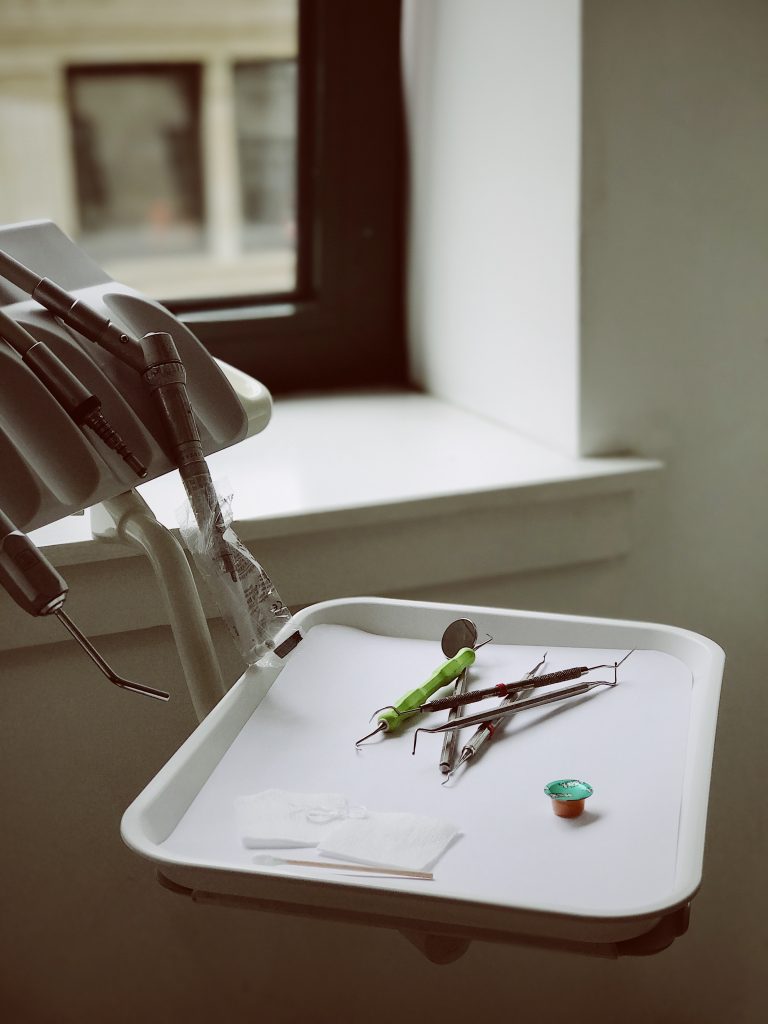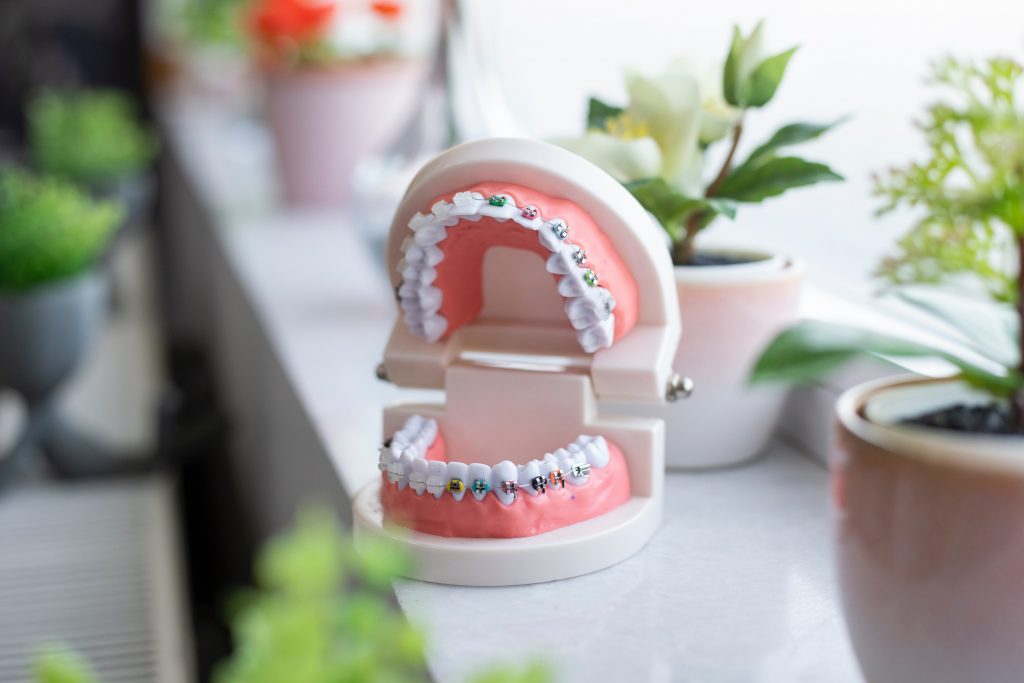
When it comes to orthodontic treatment, the array of choices can seem overwhelming. Braces come in a variety of types, each with its unique benefits and drawbacks. Understanding these differences is crucial when deciding the best treatment plan for you.
Traditional metal braces have been around the longest and are known for their effectiveness in treating a wide range of orthodontic issues. They consist of brackets bonded to the teeth and connected by an archwire. While they may not be the most aesthetically pleasing option, advances in technology have made them more comfortable and less noticeable than before.
Ceramic braces function similarly to metal braces, but their brackets are made from a clear or tooth-colored ceramic material, making them less visible. They provide an excellent balance between aesthetics and functionality. However, they are more brittle than metal braces and require more attention to oral hygiene.
Lingual braces are essentially metal braces placed on the back of the teeth, making them invisible from the outside. However, they can be more uncomfortable and harder to clean.
Invisalign offers an almost invisible way to straighten your teeth. It involves a series of custom-made, clear, removable aligners that gradually shift your teeth into place. They are comfortable and convenient but might not be suitable for complex orthodontic issues.
Choosing the right braces is not just about improving your smile, but it’s also about enhancing your overall health and well-being. A healthier mouth can lead to better digestion, improved speech, and increased self-esteem. It’s always wise to consult with a dental professional to determine the best option for you.
Ready to start your journey towards a healthier, more confident smile? Don’t hesitate. Reach out to us today to schedule your personalized consultation. We’re excited to help you discover the best orthodontic solution for your needs!
Contact us for an appointment.


